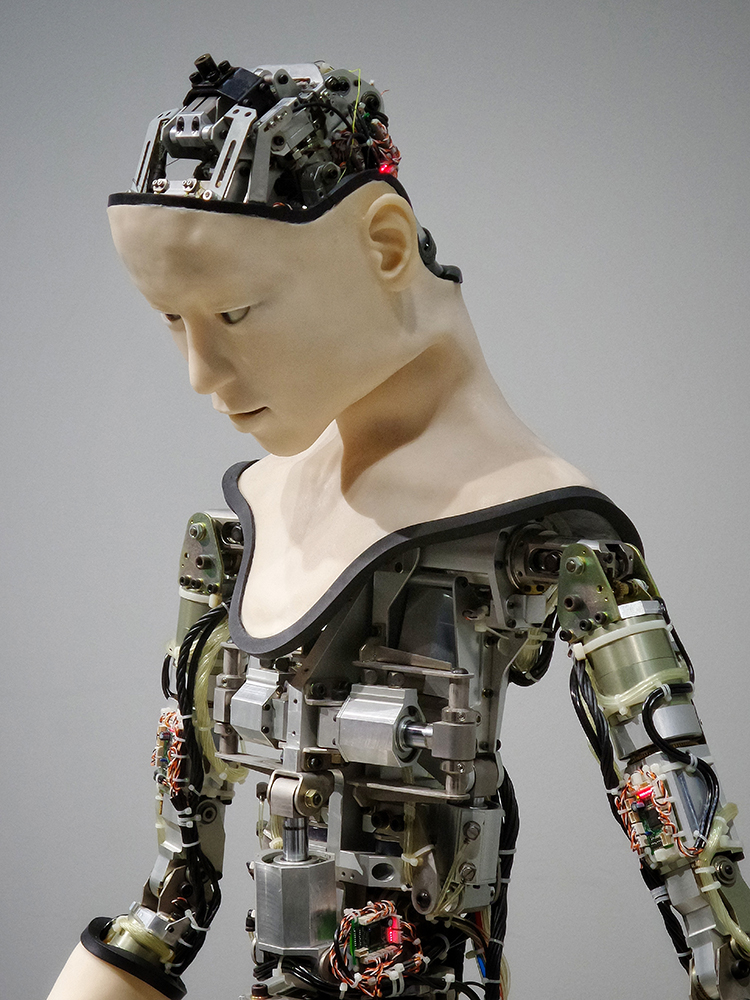Katarina Johnson-Thompson and Adam Gemili join the board of a new independent body designed to fight for the rights of track and field athletes.
Katarina Johnson-Thompson won gold in the heptathlon at the World Athletics Championships in Doha in 2019
British Olympians Katarina Johnson-Thompson and Adam Gemili have joined the board of a new independent body designed to fight for the rights of track and field athletes.
Launched in response to controversial changes to the Diamond League programme, the Athletics Association will “seek an athletes-first approach” to the sport.
It promised to hold governing body World Athletics to account and “to challenge them if they are not acting in the best interest of the athletes”.
It will also campaign for the right of athletes to protest at the Tokyo Olympics, including taking a knee in support of the Black Lives Matter movement.
Last year the 200m and triple jump were two of four events cut from the regular Diamond League programme by World Athletics because it said it wanted a “faster-paced” event.
The 3,000m steeplechase and discus will also be missing from the Diamond League final in Zurich in September.
“That was the catalyst,” the organisation’s inaugural president, two-time Olympic triple jump champion Christian Taylor, told BBC Sport.
“Enough became enough. We said ‘let’s stop being on the receiving end’. As we’re the main source of income for the sport, why are we not part of the discussions?”
World Athletics has an Athletes’ Commission, but Taylor says more is needed.
“How far can you steer left and right because you don’t want to bite the hand that feeds you?” he said.
“We’re going to be unbiased and unfiltered and express exactly what the athletes feel.”
Taylor says he was “inspired” by British athletes, including Gemili, who last year threatened to sue the British Olympic Association over sponsorship regulations, before reaching a deal that allowed them greater freedom to promote their own backers.
He also said he wants the non-profit athletes’ union to help bring about reform of Rule 50 of the International Olympic Committee (IOC) charter, which states political, religious or racial propaganda is not permitted on Olympic sites.
IOC guidelines issued in January said this included taking a knee.
“For the IOC to say you could be punished if you show a sign of protest on the podium has been fuel to our fire because this is a breach of our human rights,” said Taylor.
“So we are challenging the IOC. It doesn’t have to be that Rule 50 is abolished, but this gives us a chance to express our frustration or stance and, if done in a peaceful manner, we don’t understand why this avenue would be taken away.”
The pressure on the IOC to change regulations comes amid protests following the death of George Floyd, an unarmed African-American man who died in police custody in Minneapolis after a white officer knelt on his neck for almost nine minutes.
Last month the IOC said that athletes will decide how best to support the core Olympic values “in a dignified way”.
The Athletics Association has also agreed to a strategic partnership with Global Athlete, a movement aiming to inspire greater athlete representation in organisations across the world of sport.
“Together we are stronger,” said Emma Coburn, the Athletics Association’s vice-president.

